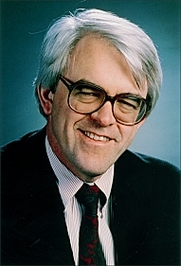A Quote by William Saroyan
I don't have a name and I don't have a plot. I have the typewriter and I have white paper and I have me, and that should add up to a novel.
Related Quotes
I always write a draft version of the novel in which I try to develop, not the story, not the plot, but the possibilities of the plot. I write without thinking much, trying to overcome all kinds of self-criticism, without stopping, without giving any consideration to the style or structure of the novel, only putting down on paper everything that can be used as raw material, very crude material for later development in the story.
I don't even own a computer. I write by hand then I type it up on an old manual typewriter. But I cross out a lot - I'm not writing in stone tablets, it's just ink on paper. I don't feel comfortable without a pen or a pencil in my hand. I can't think with my fingers on the keyboard. Words are generated for me by gripping the pen, and pressing the point on the paper.
I edit as I go. Especially when I go to commit it to paper. I prefer a typewriter even to a computer. I don't like it. There's no noise on the computer. I like a typewriter because I am such a slow typist. I edit as I am committing it to paper. I like to see the words before me and I go, "Yeah, that's it." They appear before me and they fit. I don't usually take large parts out. If I get stuck early in a song, I take it as a sign that I might be writing the chorus and don't know it. Sometimes,you gotta step back a little bit and take a look at what you're doing.
In general, I think every novel is a political novel, in that every novel is an argument about how the world works, who has power, who has a voice, what we should care about. But political novels can be boringly polemical if they end up being too black and white, too one dimensional, like war is bad, killing people is wrong.






































